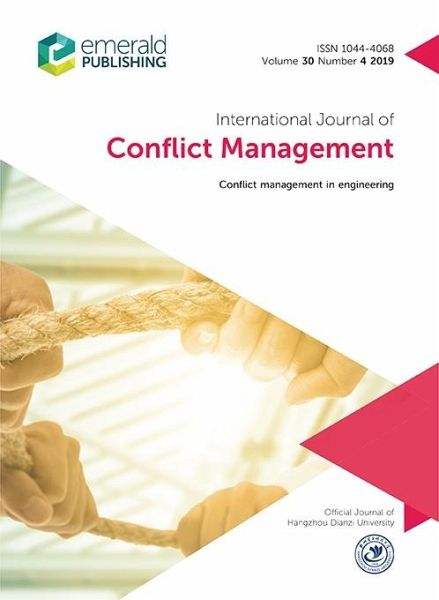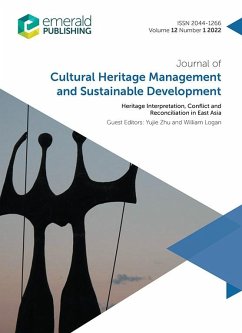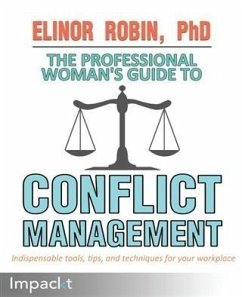
Conflict Management in Engineering (eBook, PDF)

PAYBACK Punkte
52 °P sammeln!
In this special issue we publish seven important research articles that deal with a wide variety of topics related to conflict management in engineering. This innovative research focuses on cross-disciplinary insights related to both business administration and engineering. Below is a brief summary of the research included in this special issue and some highlights of the important insights that these studies provide. The study by Barry Goldman and his colleagues, reviewed the research literature to show that engineers often use a different approach than non-engineers when they engage in negoti...
In this special issue we publish seven important research articles that deal with a wide variety of topics related to conflict management in engineering. This innovative research focuses on cross-disciplinary insights related to both business administration and engineering. Below is a brief summary of the research included in this special issue and some highlights of the important insights that these studies provide. The study by Barry Goldman and his colleagues, reviewed the research literature to show that engineers often use a different approach than non-engineers when they engage in negotiations. The study by Jeonghwan Choi examined 43 supervisors of 288 employees working in technology-focused teams at six different automotive parts manufacturing firms. The study showed that when the gap between the supervisor's perceptions of the work environment and those of their workers was greater, there was a negative effect on self-directed behavior. The study by Vijay Kuriakose and colleagues examined 554 software engineers working in information technology firms. Unlike other studies that focused on outcome conflict, this study found that process conflict had a negative impact on employee well-being. However, this relationship was moderated by intervening variables such as negative affective state, and the use of different conflict styles. The study by Meng Qi and Steven J. Armstrong focuses on 344 group members working in 83 different departments (e.g. engineering, administration, production and project management) in six manufacturing companies. Unlike other projects, this study focused on deep-level cognitive diversity and analyzed data at the team and mixed-levels. The study by Haiyan Guo, Lianying Zhang, and their colleagues focuses on the innovation among 73 cross-functional project teams. The study found that relationship between cognitive and team innovation was moderated by knowledge leadership. The study by Thaheem and colleagues focuses on the conflicts among construction project stakeholders, and how those conflicts impact project constraints. The authors used a content analysis of existing literature to identify likely project constraints, and they also collected data from 111 civil engineers. Three project constraints that were most likely to be increased by stakeholder conflicts were cost, resources, and time. Stakeholder conflicts also had a negative effect on quality, workforce productivity, protection of the environment, and safety. The study by Shashank Mittal focused on the relationships between having people with high levels of talent on engineering project teams, intragroup conflicts, and the performance of the teams. The study collected data from 1,265 members of 218 engineering and technology project teams in four large organizations. The study found that the more talented the team members were, the more conflicts occurred. Two types of conflict: process and status had a negative effect on team performance. The higher the level of talent of the members of the teams, the more likely these types of conflicts would occur. In summary, these studies provide valuable insights that help us to better understand the contextual and process factors that influence conflicts involving engineers at work. It provides important new insights into ways that these conflicts can be better managed. These insights suggest that more training on emotional intelligence, improving leader member exchanges, more workplace social support, improving positive psychological capital, improving the meaningfulness of knowledge information activities, and aligning the levels of power and talent on engineering teams will have positive impacts on the performance of engineering related projects.
Dieser Download kann aus rechtlichen Gründen nur mit Rechnungsadresse in A, B, BG, CY, CZ, D, DK, EW, E, FIN, F, GR, HR, H, IRL, I, LT, L, LR, M, NL, PL, P, R, S, SLO, SK ausgeliefert werden.













